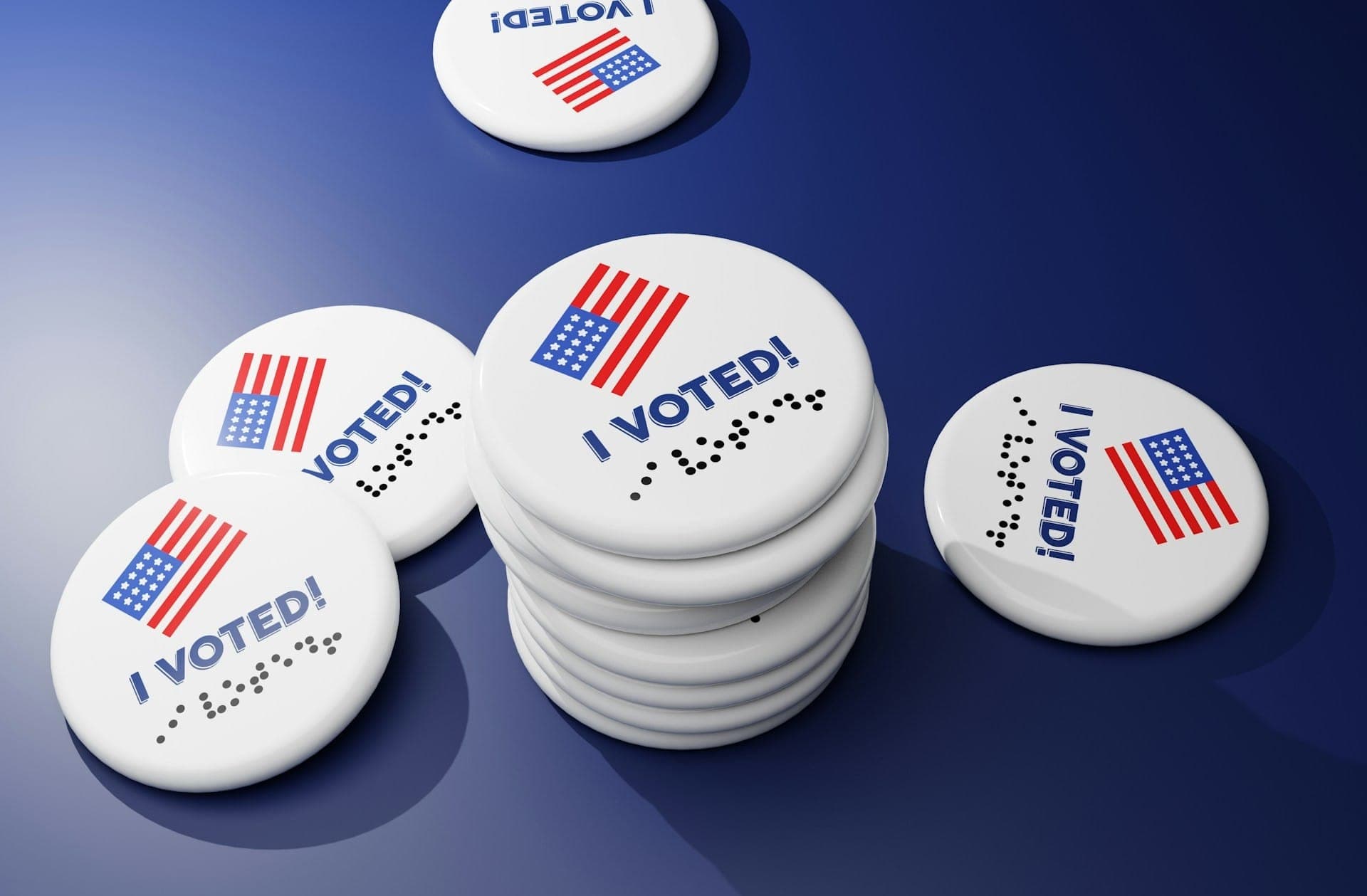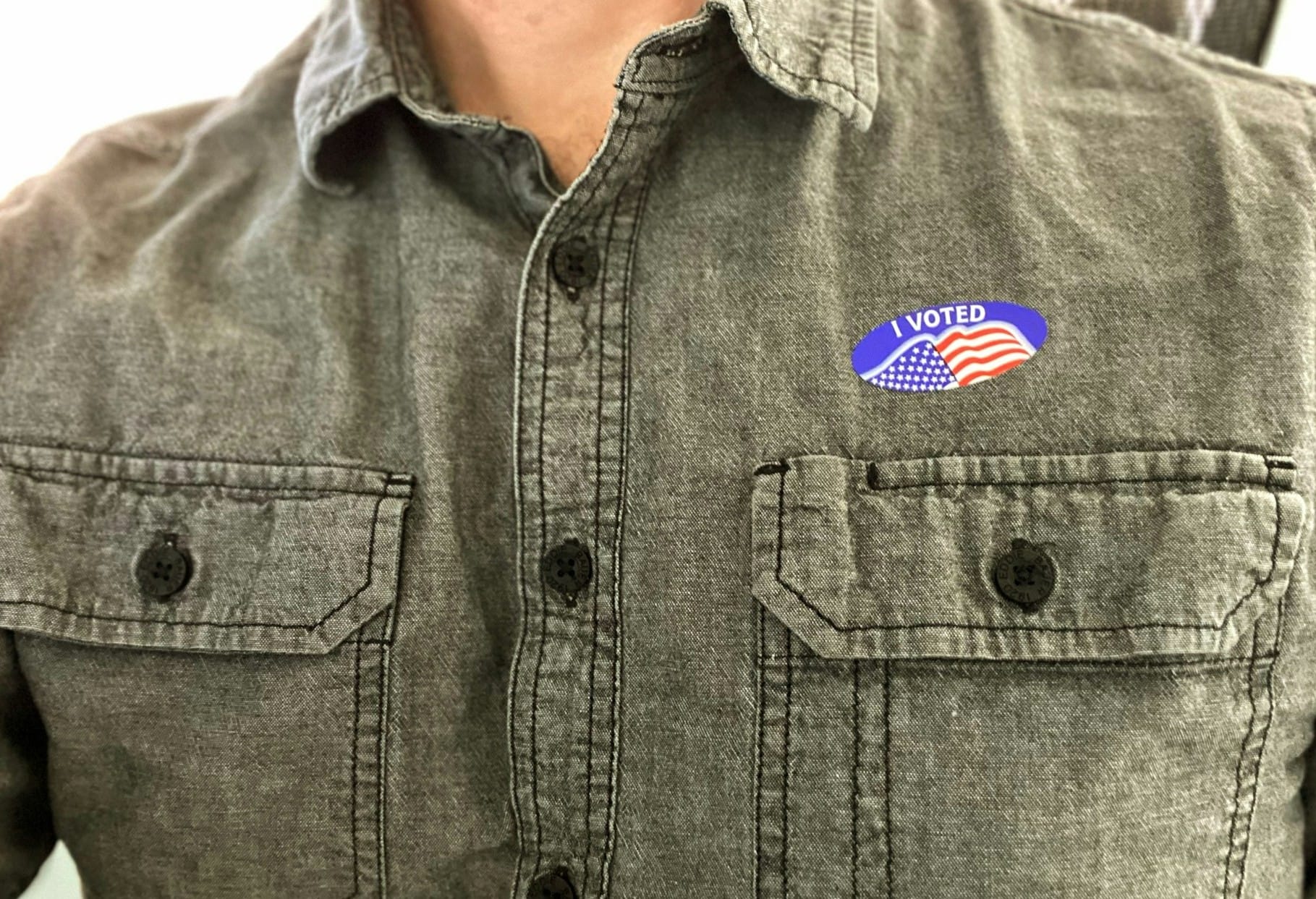RCV Advocates Say Charlottesville’s First Ranked Choice Election Delivers on Promise of Diverse Representation

CHARLOTTESVILLE, Va. - Tuesday marked a historic election for Charlottesville, Virginia, as the city used ranked choice voting (RCV) for the first time in a competitive Democratic primary. RCV advocates say the results offer a compelling case for the system’s potential to increase representation and voter satisfaction.
The use of RCV in Charlottesville was unique compared to the dozens of cities and two states, Maine and Alaska, that have adopted the voting reform.
The election featured 3 candidates vying for two nominations to the city council, including 2 incumbents – Mayor Juandiego Wade and Councilor Brian Pinkston – and newcomer Jen Fleisher. Both nominations were decided on a single ballot with multi-member RCV, meaning the 2 candidates who got at least a third of the vote won a seat.
What Made Charlottesville Unique
Most jurisdictions that use RCV in the United States use it for single-winner elections. Voters rank the candidates in order of preference and if no candidate receives over 50% of first-choice selections, the last place candidate is eliminated, and their voters’ next choices are redistributed in the tabulation.
This process of instant elimination runoffs continues until a candidate has over 50% of the vote.

Charlottesville not only distinguished itself from most other jurisdictions that use RCV by incorporating it into a multi-winner election, but its form of RCV would not have eliminated a candidate if two people did not win outright in the first round of tabulation. Instead, one winner’s excess votes would be redistributed to determine the second winner.
This, however, will not be necessary in this election
The Outcome: Underrepresented Communities Gain Seats
Fleisher, who ran her first campaign for any elected office, led the field Tuesday night with 50.6% of first-choice votes. Wade followed with 36.1%, securing the second nomination. Because candidates needed only to surpass a one-third vote threshold to win, both reached the bar in the first round -- no further rounds of vote redistribution were needed.
The Virginia Republican Party had already selected its nominees for November statewide elections and local Republicans did not field candidates for the city council race so only a Democratic primary was held in Charlottesville on Tuesday. This means Fleisher and Wade outright won their seats.
RCV advocates say the outcome demonstrates one of the reform's core strengths: It empowers voters to choose candidates they genuinely support without fear of “vote splitting." This happens when a majority of voters split up their votes between multiple preferred candidates under a choose-one method, leading to the least preferred candidate winning.
To avoid this, voters end up thinking more about strategy over choosing who they most prefer.
“Tuesday’s results demonstrate that ranked choice voting delivers on its promise of diverse representation,” said Sally Hudson, executive director of Ranked Choice Virginia.
Charlottesville voters got two winners who come from different corners of our community. One lives on the north side and one lives on the south side. There's one man and one woman, one Black candidate and one white candidate.”
Hudson noted that Fleisher, who lives in the Belmont neighborhood on Charlottesville’s south side, represents a community long overlooked in city politics. A 2004 City Elections Study Task Force report found only one Belmont resident had been elected to City Council in the previous 50 years.
Thus, on Election Day, Fleisher made her own history – including winning her home precinct with 66% of the vote.
Hudson also highlighted the fairness of the voting experience itself. “Voters got to express their honest preferences about all the candidates without playing games with their vote,” she said, contrasting it with Charlottesville’s previous block voting system, which often forced voters to strategize between backing a favorite and avoiding the risk of helping an opponent.
The Charlottesville City Council authorized this test run of RCV in September 2024. The new system didn’t have a noticeable impact on turnout. More than 6,100 ballots were cast this year, which Hudson explained is fairly consistent compared to previous years. In the June 2021 primary, 6,171 ballots were cast.
Election officials will now review RCV's performance and decide whether to make the system permanent. The next regularly scheduled competitive Council race is expected in 2027. Charlottesville is only the second locality in Virginia to use RCV, following Arlington County’s adoption in 2023.
Other jurisdictions—including Fairfax City, Falls Church, Loudoun County, and Newport News—are actively exploring implementation.
 Shawn Griffiths
Shawn Griffiths






